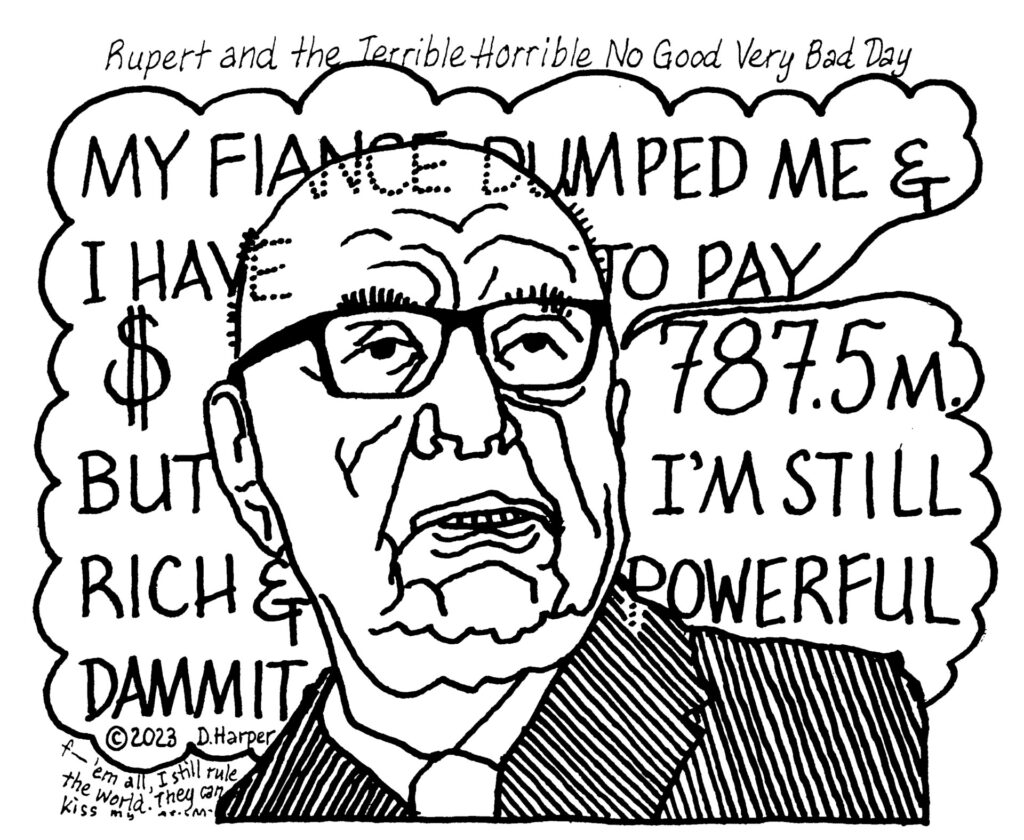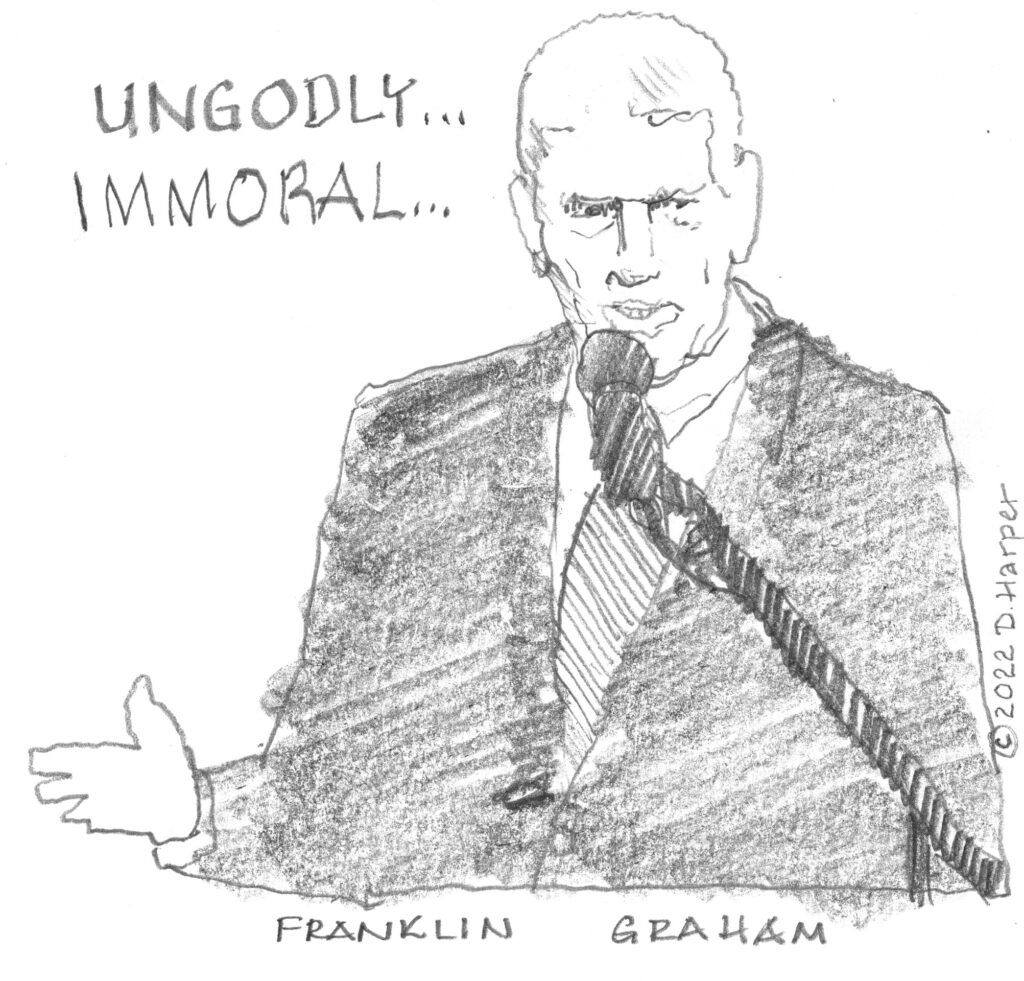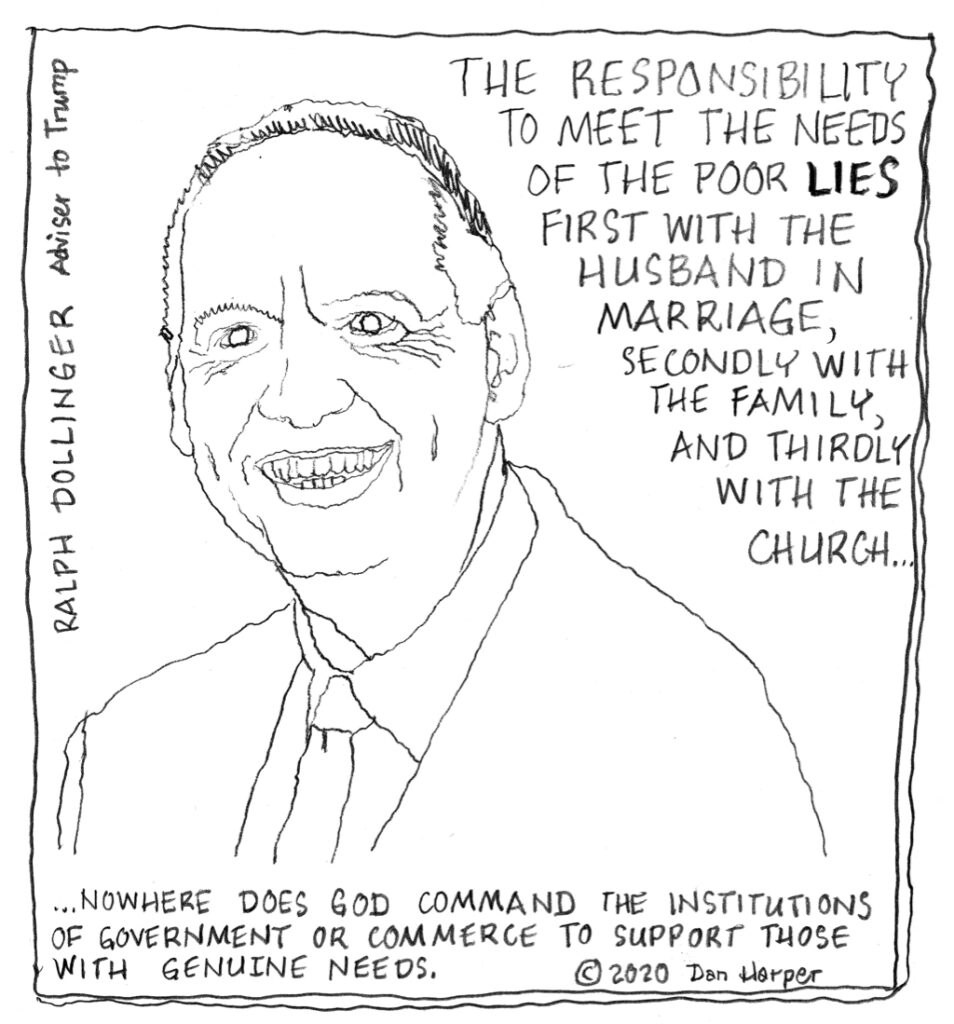“Pastor” John MacArthur — I’m putting the title “pastor” in quotes because he doesn’t sound very pastoral to me — has decided to proclaim that Rev. Dr. Martin Luther King, Jr., was not a Christian. And before you ask, yes, MacArthur is an old White guy. Here’s what MacArthur said, according to Religion News Service:
“…Martin Luther King, who was not a Christian at all, whose life was immoral….I’m not saying he didn’t do some social good. And I’ve always been glad that he was a pacifist, or he could have started a real revolution….”
MacArthur was called out by a number of Black pastors. Rev. Charlie Dates, pastor of a Progressive Baptist church in Chicago, said:
“He cannot get away with this. He has to know that Black and Black-adjacent clergy around the country wholeheartedly disagree with him on theological grounds. He’s not the keeper of who’s Christian and who’s not.”
I’m sure MacArthur will simply ignore what Black Christian clergy say to him. MacArthur is another one of those Old White Guys in Power (OWGIPs) who think they get to set the rules. Actually, I’d say that people like MacArthur are the real heretics. They put themselves in the place of their God, trying to take away their God’s power to judge humankind.
With people like MacArthur saying stupid stuff like this, no wonder Christianity has such a bad name these days. Just try to remember that MacArthur is not really a Christian — Charlie Dates and Martin Luther King, Jr., are the real Christians.


![Caricature of Donal Trump's mugshot, in which he is smiling. The text behind him reads: "That stupid Fani thinks she's so smart. This is the best [crossed out word] publicity I could get. My [crossed out word] stupid followers will eat this up. I [crossed out word] love free publicity."](https://www.danielharper.org/yauu/wp-content/uploads/2023/08/Mugshot-1024x952.jpeg)







